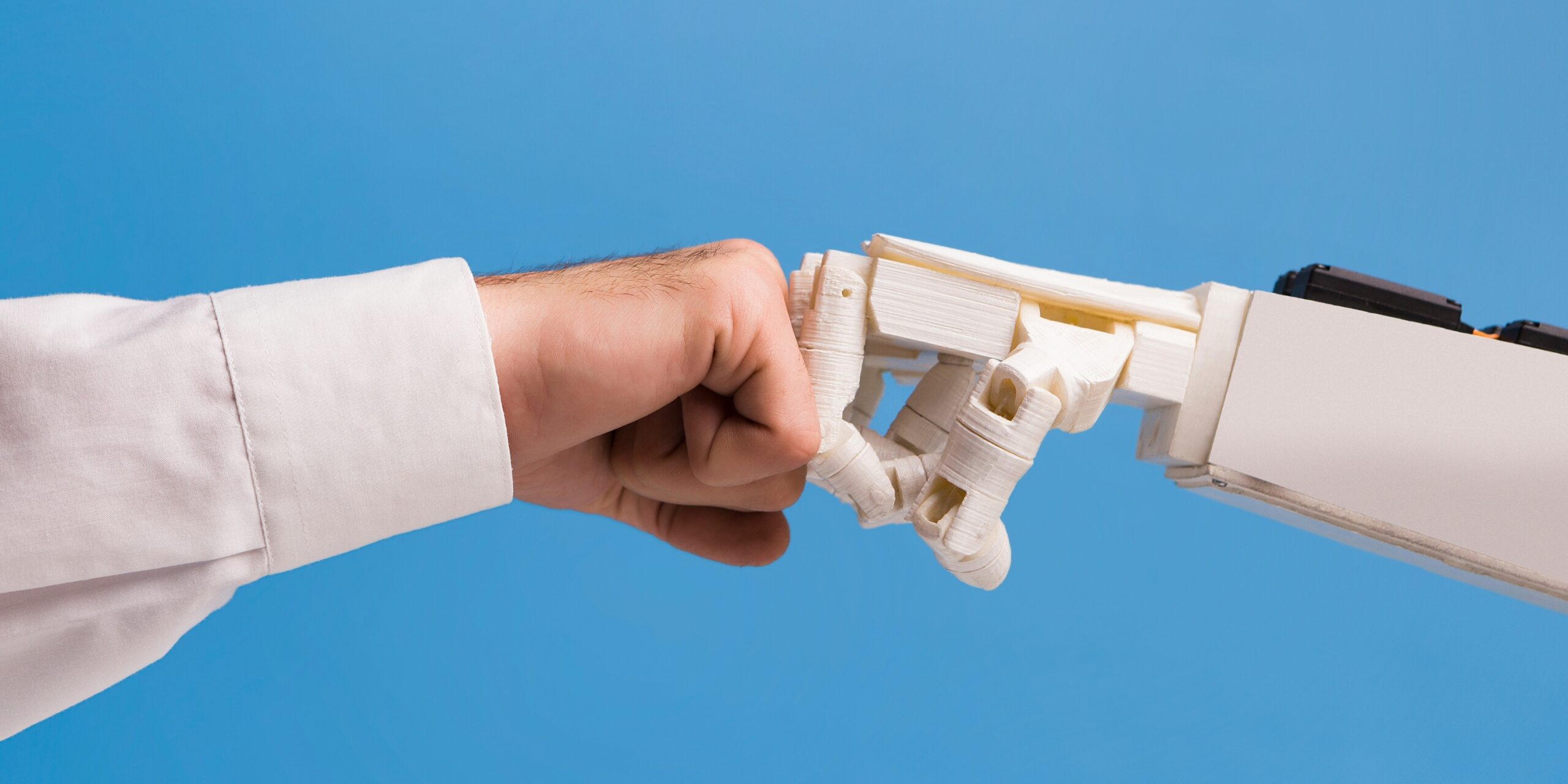Microsoft has finally found what it believes to be the perfect partner to begin training its artificial intelligence (AI) models on — Aptos Labs, a layer-1 blockchain firm that is building a ChatGPT-powered chatbot called “Aptos Assistant.”
As part of the collaboration, Microsoft’s AI models will be trained using blockchain data that has been verified by Aptos, while Aptos will also utilize Microsoft’s Azure Cloud to run its validator nodes that will hopefully enhance the reliability and security of its services.
Aptos Labs, which recently secured $350 million in funding from investors, according to Crunchbase, supports up to 160,000 transactions per second, rivaling other networks including Avalanche, Solana, and Bitcoin. When Microsoft invested $10 billion into OpenAI in 2019, it sent a powerful message throughout big tech about the need to quickly adapt, transform, and integrate.
But even before the major ChatGPT boom, Microsoft was already a step ahead in attempting to address the reality that future AI technology would naturally through bias, produce misinformation while presenting serious privacy and security risks. In 2018, the tech giant created its AI red team, comprised of interdisciplinary experts that were tasked with investigating the risks that these future AI models would bring by stepping into the shoes of these black hatters and attempting to exploit these systems.
AI + Web3
Daniel An, Microsoft’s global director of business development for AI and Web3 told TechCrunch+ that AI will be infused into these next-gen solutions at a greater scale in the coming months. Aptos Labs co-founder and CEO also told TechCrunch that the main focus for both companies is to solve its respective industries problems.
“We can become incredibly efficient in using these tools every day in our lives,” Shaikh said. “Whether it’s searching and putting together an index of the best restaurants in your neighborhood or helping you write code for your job or research.”
In efforts to foster a more transparent ecosystem of these AI-generated outputs and content production, it requires asking those more difficult questions of how to determine whether these outputs are truly authentic, free of human bias that intrinsically is rooted in most of these algorithms we’ve seen to date. Unfortunately, the models that the public has been exposed to is full of bias and what experts call “hallucinations” that very often make up facts or scenarios that never actually exist.
With U.S. lawmakers calling on Congress to approve some basic framework that governs ethical AI use, the ability for these AI applications and integrations still remains restricted. For the first half of 2023, AI startups have raised approximately $25 billion, really setting the stage of priority as compared to this crypto boom that is also facing similar challenges with respect to its regulation and classification in the financial sector.
Credit: Source link































